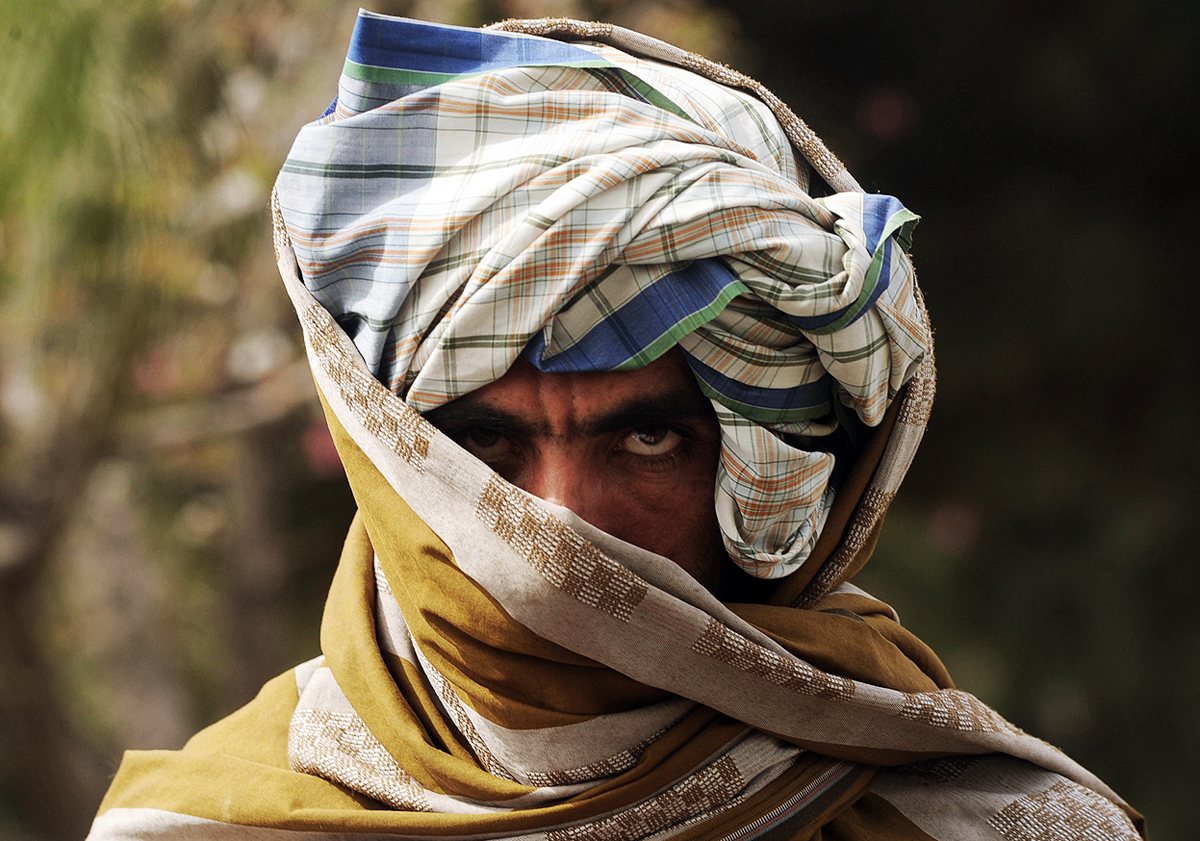
The disclosure came days after the Taliban held ‘secret talks’ with the Afghan spymaster in Qatar, where the ultraorthodox group maintains a ‘political office’.
Maulvi Shahabuddin Dilawar, Maulvi Salam Hanafi and Jan Muhammad arrived in Pakistan a couple of days back to discuss prospects of peace talks, arrest of Taliban leaders in Pakistan and to apprise Pakistani officials of their interaction with Afghan government officials in Qatar, according to officials.
Dilawar had been the Afghan ambassador to Pakistan and Saudi Arabia during the Taliban rule, while Hanafi and Muhammad had been cabinet ministers.
On Oct 18, international media reported that Mullah Abdul Manan, brother of Taliban founder and long-time spiritual leader Mullah Omar who died in 2013, met Masoom Stanekzai, the chief of Afghanistan’s National Directorate of Security (NDS), National Security Adviser Muhammad Hanif Atmar, and US officials in Qatar this month, though both the Taliban and Kabul didn’t confirm the meeting officially. .
Taliban spokesman Zabihullah Mujahid confirmed to The Express Tribune that the delegation from the Qatar office had arrived in Pakistan, but ruled out any chance of peace talks.
“Our delegation has travelled from Qatar to Pakistan to discuss the problem of Afghan refugees and some seminaries recently closed there,” he said. “The reports that they are in Pakistan for peace talks are untrue,” he added in WhatsApp messages to The Express Tribune. He said the trip was a part of regular visits the Taliban leaders undertook to other countries.
A Taliban leader also confirmed the visit. “The Taliban leadership asked the Qatar office to send a delegation to Pakistan to discuss the recent arrest of some Taliban leaders,” said the Taliban leader, who asked not to be identified because he is not authorised to speak to the media on record.
Another Taliban leader said possible revival of peace negotiations would be the main talking point in the interactions of the Qatar office leaders with Pakistani officials. “The delegation will share with Pakistani officials details of their meetings with Afghan and US officials in Qatar,” he added.
Afghan Ambassador in Islamabad Hazrat Omar Zakhilwal said he was aware of the Taliban delegation’s visit but gave no details. In Kabul, the foreign ministry, however, said it was unaware that the Taliban delegation is in Pakistan. “The Taliban should be banned from travelling to regional countries. But if they have done so to pursue peace, this should be explained,” ministry spokesman Shekib Mustakhni said.
When asked, Sartaj Aziz, the prime minister’s adviser on foreign affairs, refused to comment on the reported visit of the Taliban delegation. However, he added that “Pakistan welcomes and supports all efforts for peace in Afghanistan”.
The Express Tribune has learnt that ‘growing pressure’ from Pakistan on the Taliban has forced its leadership to ask the Qatar office representatives to visit Pakistan for exploratory meetings. The recent arrest of key Taliban leaders was seen by analysts as a message to the Taliban leadership to review their policy vis-à-vis peace talks.
Taliban officials claim that Pakistani authorities recently detained Maulvi Ahmadullah Muti, alias Mullah Nanai, the Taliban intelligence chief under slain group leader Mullah Akhtar Mansoor; Suleman Agha, the Taliban shadow governor for Daykund province; Mullah Sani, aka Samad Sani, chief of an Islamic seminary and well-known trader; and Hamas, a leader of the Haqqani network.
The Taliban officials are not sure why their leaders have been detained. A Taliban leader, however, said the arrests would figure high on the agenda of the Taliban delegations in Pakistan.
The Taliban have long insisted on the complete withdrawal of foreign forces from Afghanistan as a precondition for peace talks with the government.
Pakistan has hosted several rounds of international talks over the last year to jumpstart peace negotiations, which yielded little progress. The dialogue process ground to a complete halt when the US killed Mullah Akhtar Mansoor in a drone strike in May.
The insurgency has shown stubborn resilience under new Taliban leader Haibatullah Akhundzada, attacking northern Kunduz city for a second time and threatening the capital of the southern opium-rich province of Helmand.
Published in The Express Tribune, October 23rd, 2016.






















1713904359-0/burn-(1)1713904359-0-270x192.webp)













1713853507-0/MalalaHilary-(2)1713853507-0-270x192.webp)







COMMENTS
Comments are moderated and generally will be posted if they are on-topic and not abusive.
For more information, please see our Comments FAQ